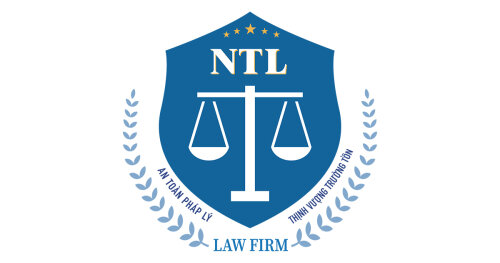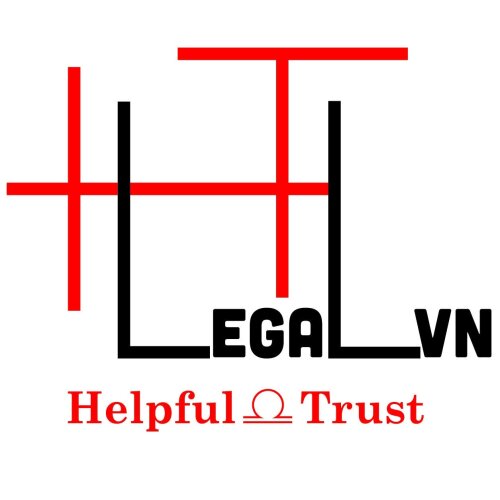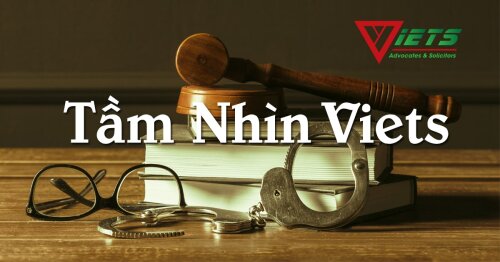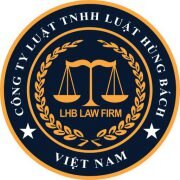Best General Litigation Lawyers in Vietnam
Share your needs with us, get contacted by law firms.
Free. Takes 2 min.
Or refine your search by selecting a city:
List of the best lawyers in Vietnam
About Litigation Law in Vietnam
Litigation in Vietnam refers to the legal proceedings in which individuals or entities resolve disputes via court. The litigation process in Vietnam is governed by the Civil Procedure Code, which dictates how civil proceedings are managed in the People's Courts. It involves a structured system comprising various court levels, including local, provincial, and the Supreme Court, each with jurisdiction over different types of cases. Due to its intricate legal framework, understanding the litigation process is essential for effectively navigating disputes in Vietnam.
Why You May Need a Lawyer
In Vietnam, seeking the assistance of a lawyer for litigation can be advantageous in several scenarios. Some common situations that may necessitate legal help include:
- Disputes over contracts between businesses or individuals.
- Family law issues such as divorce or custody battles.
- Labor disputes involving employee rights and employer obligations.
- Intellectual property rights infringements.
- Disputes related to property ownership or real estate transactions.
- Facing criminal charges or regulatory violations.
Given the complexities involved in statutory interpretation and procedural compliance, legal representation can be vital for safeguarding your interests.
Local Laws Overview
Several key aspects of local laws impact litigation in Vietnam:
- Civil Procedure Code: This is the primary legal framework that outlines how civil cases should be conducted, including matters related to evidence, hearings, judgments, and appeals.
- Commercial Arbitration Law: Offers an alternative to court litigation, permitting disputes to be resolved through arbitration, which can be quicker and more cost-effective.
- Labor Code: Regulates employment disputes, including wrongful termination, discrimination, and compensation-related cases.
- Intellectual Property Law: Governs conflicts concerning the protection and enforcement of intellectual property rights.
- Land Law: Pertains to real estate disputes, including land use rights and ownership issues.
Frequently Asked Questions
What is the typical duration of a litigation process in Vietnam?
The duration can vary significantly depending on the complexity of the case, the court's caseload, and the specific legal proceedings. On average, it can take several months to a few years to reach a final judgment.
Is an attorney mandatory for litigation in Vietnam?
While not mandatory, having an attorney is highly advisable to navigate the legal procedures effectively and enhance the chances of a favorable outcome.
Can foreigners participate in litigation in Vietnam?
Yes, foreigners can engage in litigation in Vietnam, though they may face additional procedural requirements. It is often beneficial for foreigners to hire a local attorney familiar with Vietnamese law.
Are court hearings in Vietnam open to the public?
Most court hearings are open to the public unless the case is sensitive or involves private matters, in which instances the hearings may be restricted.
What kinds of costs are involved in litigation?
Costs can include court fees, attorney fees, charges for obtaining evidence, and other administrative expenses. The exact amount depends on the case specifics and length of the trial.
What happens if I lose a case in Vietnam?
If you lose a case, you may appeal the court's decision to a higher court within a specified period. It's important to consult with your attorney promptly to explore your options.
How can evidence be presented in Vietnamese courts?
Evidence must be presented according to the rules laid out in the Civil Procedure Code. Documents, witness statements, expert opinions, and physical evidence are typical forms used in court.
What is the role of judges in Vietnamese litigation?
Judges oversee the trial, interpret and apply the law, evaluate evidence, and make rulings. They play an active role in managing proceedings to ensure fairness and justice.
Can cases be resolved outside of court?
Yes, parties can opt for arbitration or mediation to settle disputes without recourse to lengthy court trials. This can often save time and reduce costs.
What should I do if I cannot afford a lawyer?
Legal aid services may be available to assist those who cannot afford private legal representation. Exploring these options through local government or non-profit organizations can provide necessary support.
Additional Resources
Here are some useful resources and organizations related to litigation in Vietnam:
- The Ministry of Justice of Vietnam: Provides information on legal processes and access to public legal services.
- The Vietnam Bar Federation: Offers resources for locating qualified attorneys and understanding professional legal standards.
- Vietnam International Arbitration Centre (VIAC): A resource for information and assistance on arbitration in Vietnam.
- Local legal aid offices: Can provide support to those unable to obtain private legal services.
Next Steps
If you need legal assistance in litigation, follow these steps to proceed:
- Identify your specific legal issue and gather all relevant documents and information.
- Consult with a legal professional to discuss your case and options. Consider initial consultations with multiple attorneys to find a suitable fit.
- Verify the credentials and experience of prospective attorneys, ensuring they are licensed and in good standing with the Vietnam Bar Federation.
- Discuss the legal fees and ensure there is a clear understanding and agreement on costs before proceeding.
- Maintain open and regular communication with your attorney to stay informed about the progress of your case.
- If necessary, be prepared for alternative dispute resolutions like mediation or arbitration to resolve the issue outside of court.
- Keep thorough records and copies of all correspondence, filings, and legal documents related to your case.
By following these steps, you can take informed action and increase your chances of a successful outcome in your litigation matter.
Lawzana helps you find the best lawyers and law firms in Vietnam through a curated and pre-screened list of qualified legal professionals. Our platform offers rankings and detailed profiles of attorneys and law firms, allowing you to compare based on practice areas, including General Litigation, experience, and client feedback.
Each profile includes a description of the firm's areas of practice, client reviews, team members and partners, year of establishment, spoken languages, office locations, contact information, social media presence, and any published articles or resources. Most firms on our platform speak English and are experienced in both local and international legal matters.
Get a quote from top-rated law firms in Vietnam — quickly, securely, and without unnecessary hassle.
Disclaimer:
The information provided on this page is for general informational purposes only and does not constitute legal advice. While we strive to ensure the accuracy and relevance of the content, legal information may change over time, and interpretations of the law can vary. You should always consult with a qualified legal professional for advice specific to your situation.
We disclaim all liability for actions taken or not taken based on the content of this page. If you believe any information is incorrect or outdated, please contact us, and we will review and update it where appropriate.
Browse general litigation law firms by city in Vietnam
Refine your search by selecting a city.
















